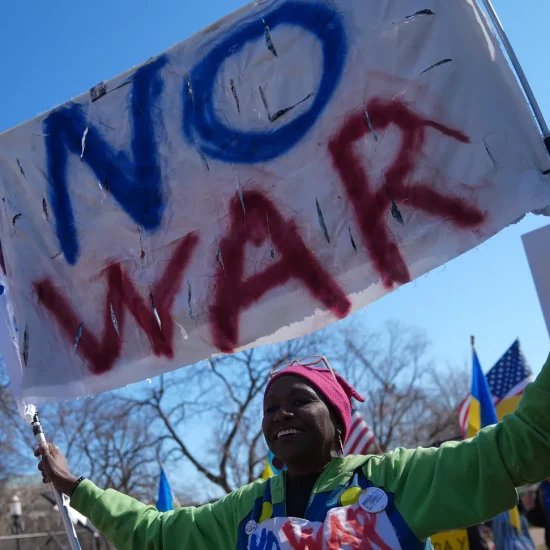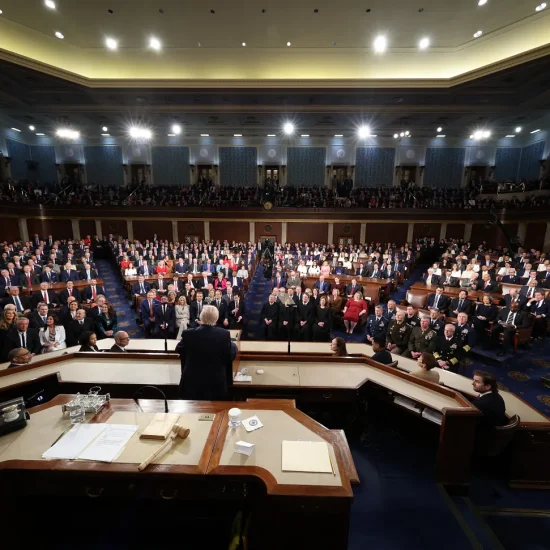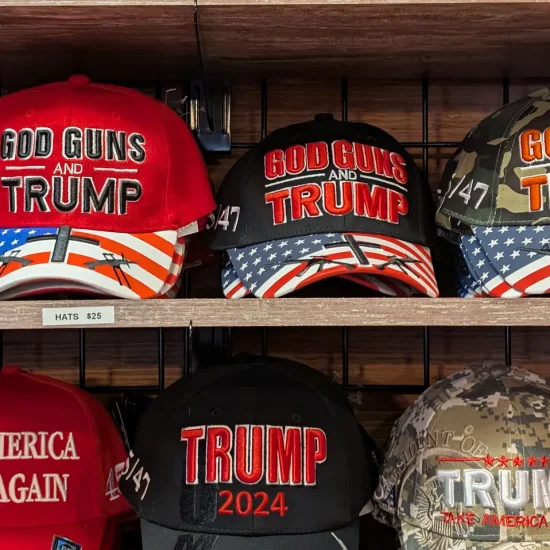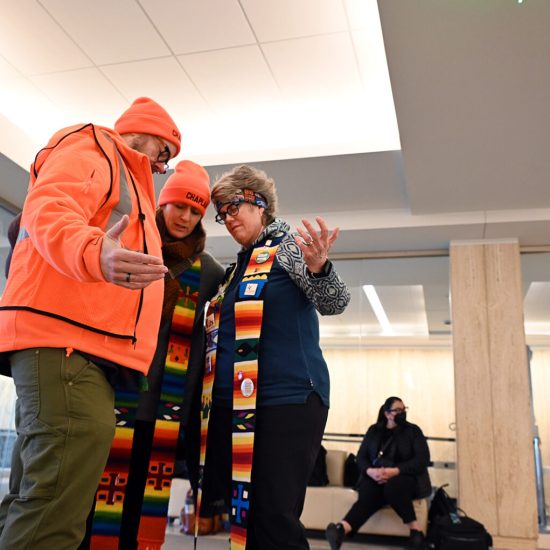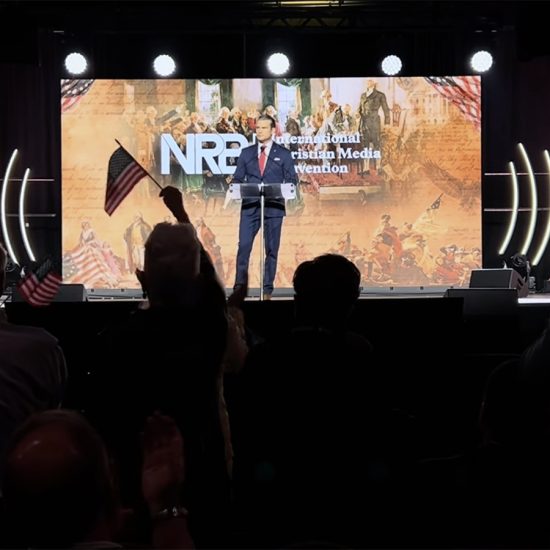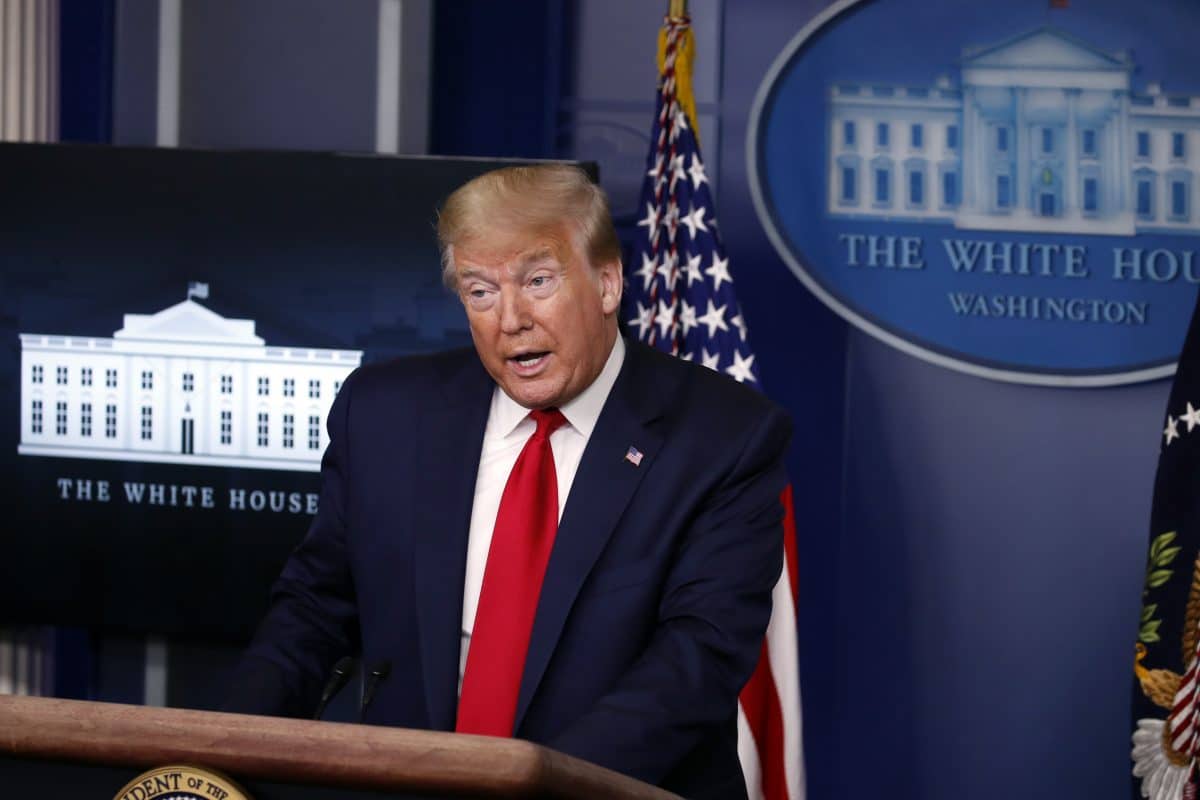
There’s a scene in Will Campbell’s novel The Glad River that keeps coming to mind in recent months. The key character, an unsettled Baptist named Doops Momber, is looking for God’s community. And not finding the Baptist community he seeks in his home church, he passes on baptism — much to his mother’s chagrin.

Brian Kaylor
Late in the novel, another character tells a story of a particular Easter when Doops may have had a bit too much of a non-baptistic drink. According to the friend, Doops went into a church during the sermon and yelled, “He is not here! He is risen!” Then Doops left and repeated the scene in a few other churches until getting arrested.
I chuckled at that scene when I first read it. And I smiled as I recounted it while watching the Easter Sunday service on my couch at home. The church building, like that old tomb, was empty. He is not there. He is risen, indeed!
We need community — even more now in our time of home quarantine and digital hangouts. And that means we do need houses of worship where we can gather in community. But the building isn’t the community. An official church building isn’t even essential to community. I’ve gathered with church communities in Cuba that worshiped in homes, broken sheds, and even just under a big tree.
So, I found myself thinking again of old Doops this past weekend as the president on Friday (May 22) declared church buildings “essential” and therefore urged them to open. And I chuckle as I imagine what Doops — or Campbell — would’ve done if they’d been been near that golf course on Sunday morning as the president decided to take a mulligan instead of attending an “essential” church service.
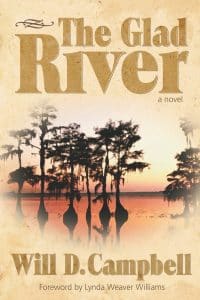 Perhaps like Doops, who invokes the spirit of the Anabaptists in fearing government-endorsed churches, we should be hesitant when a leader views our facilities as essential. What does that leader want from us? As theologian Stanley Hauerwas warned after the president’s remarks, “You know you are in trouble when the state tells you that you are performing a vital function for the state.”
Perhaps like Doops, who invokes the spirit of the Anabaptists in fearing government-endorsed churches, we should be hesitant when a leader views our facilities as essential. What does that leader want from us? As theologian Stanley Hauerwas warned after the president’s remarks, “You know you are in trouble when the state tells you that you are performing a vital function for the state.”
It’s an old story, just like that of Anabaptists that Doops retells to his friends. For as long as we’ve gathered in worship, leaders have sought to use us for their purposes.
In the years before the birth of Jesus, King Herod decided the Temple was essential to his political stability. So, he rebuilt it. He made it bigger than ever. He covered the Holy of Holies in gold. A grandiose architectural project to show off his greatness as the new Solomon.
It’s not that Herod was faithful, or even a believer. Rather, he saw it as a way of ensuring political support from religious leaders and devotees. Surely, he believed, they wouldn’t try to remove him from office after he built that. The Temple may have been essential to Jews for worship, but for Herod its essentialness came from the power gained by supporting it.
Or consider the more recent case of Apartheid in South Africa. As Baptist World Alliance President Paul Msiza, a black pastor who grew up under Apartheid, said in March, Christians must be wary of “politicians who know how to use the language of the Church” to gain Christian support for unjust systems. He knows that governments will view church support as essential for political power because he saw the racist Apartheid government “coopt” the churches. And he warns Baptists this can happen again around the world.
“The Church is once again at the risk of being captured by the state or the powerful people of this world. Some of the most corrupt leaders within the governments in the world have managed to capture part of the Church by using the language of the conservative theologies to win the support from the Church,” Msiza explained. “Today, some believers get excited and make a pact with corrupt politicians who have learned the language of the conservative evangelicals.”
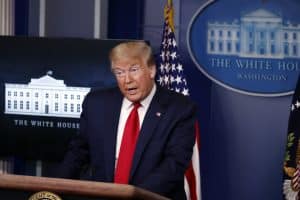
President Donald Trump speaks with reporters about the coronavirus in the James Brady Briefing Room of the White House, Friday, May 22, 2020, in Washington. (AP Photo/Alex Brandon)
So, perhaps we shouldn’t applaud being called “essential.” A government with the power to designate us as “essential” also has the power to designate us as not. But beyond that, we must worry that we’ve being coopted as chaplains to the empire. Every king had a prophet calling out official injustices. Those were essential voices from God, but weren’t viewed as essential by the kings who killed them. What would it look like if we were seen not as essential to the government but as heretics to the state theology?
Our churches haven’t been closed, just the buildings. And we know that even this time of unusual worship — whether it be online, in cars, or with masks and social distancing — will someday end. The essentials of our faith remain intact. So, let’s not rush back just because some ruler wants to praise us as he seeks political support.
For God resides not just in the Temple or our church buildings. God tore the veil behind Herod’s golden Holy of Holies. And he is risen, indeed!

